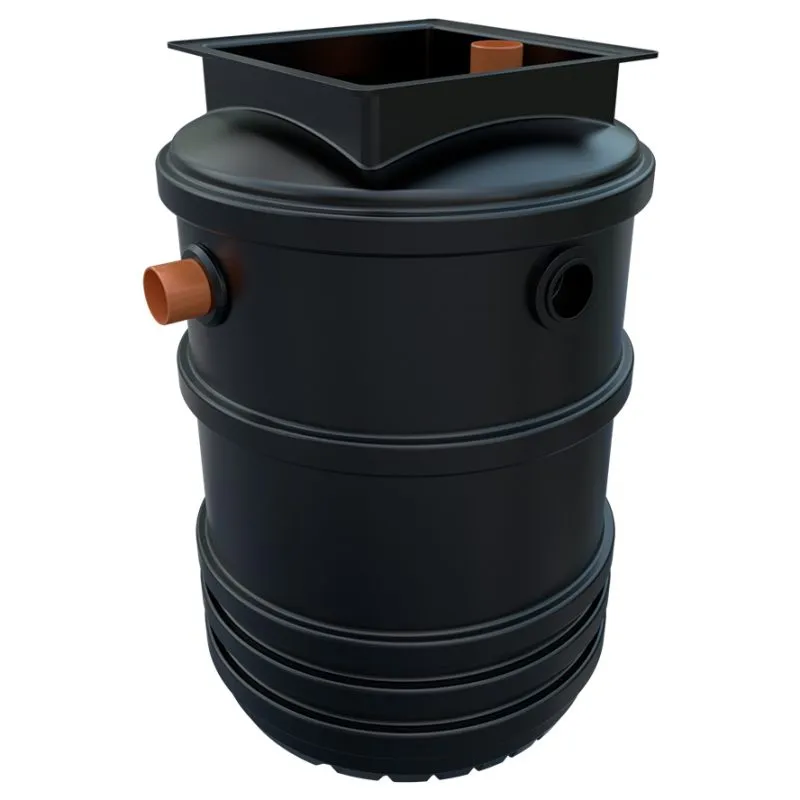3 Best Tax Benefits of Real Estate Investing, According to ‘The Money Guy Show’

Anyone who has been house hunting lately knows that home prices have skyrocketed in recent years, which means real estate investors who got in at the right time are realizing massive profits. It also means tax authorities are getting their cut of those profits — unless you strategize the right way.
Read Next: 12 Best Safe Investments To Grow Your Money in 2025
Learn More: 6 Popular SUVs That Aren't Worth the Cost -- and 6 Affordable Alternatives
There are ways to reduce your tax exposure with real estate investments. YouTube video from The Money Guy Show looked at the best tax benefits of real estate investing. Here are three of the big ones.
Long-Term Gains
There are two basic types of gains from any type of investment — short-term and long-term. When it comes to capital gains taxes, you are almost always better off with a long-term gain. A long-term gain provides a “pretty substantial benefit for real estate investors,” according to The Money Guy Show.
Invest in Gold

American Hartford Gold: #1 Precious Metals Dealer in the Nation
Learn More
Priority Gold: Up to $15k in Free Silver + Zero Account Fees on Qualifying Purchase
Learn More
Thor Metals Group: Best Overall Gold IRA
Learn More Powered by Money.com - Yahoo may earn commission from the links above.A short-term gain typically involves holding assets anywhere from a few days to a year. When you own an asset for more than a year, you usually get a lower tax rate on the profit. Depending on your tax bracket, you might even be exempt from paying any capital gains tax, according to a blog from Quicken Loans. Even those in higher income brackets could potentially enjoy a tax savings of up to 17% compared to the ordinary income rate.
There are some things you need to pay close attention to with any kind of capital gain, however. For example, in real estate the size of your tax obligation depends on factors such as how long you owned the property, whether you lived there for a certain period of time, and whether it was considered a rental investment.
For You: How To Get a 10% Return on Investment (ROI): 10 Proven Ways
1031 Exchange
Also known as a “like kind” exchange, the 1031 rule lets you exchange one investment property for another without recognizing the gain at the time of the exchange. In real estate, this means using profits from the sale of one property to buy a similar property.
According to The Money Guy Show, with 1031 exchanges “essentially what I can do is I can sell one investment property [and] go buy a different one and so long as certain qualifications are met I can actually defer having to pay income tax on that first transaction. I can keep kicking it down the road.”
Just make sure you work closely with your accountant to structure the exchange properly and avoid taxes. For information, consult the IRS’s Like-Kind Exchanges page.
Section 121 Exclusion
“The Money Guy Show” recommends researching this exclusion as well. According to the IRS, if you have a capital gain from the sale of your main home you might qualify to exclude up to $250,000 of that gain from your income, or up to $500,000 of that gain if you file a joint return with your spouse.
繼續閱讀To take advantage of the Section 121 exclusion, you typically need to meet both the ownership test and the use test. To learn more, check out the IRS’s Publication 523, Selling Your Home and Topic no. 409 pages.
More From GOBankingRates
-
6 Costco Products That Have the Most Customer Complaints
-
Mark Cuban Warns of 'Red Rural Recession' -- 4 States That Could Get Hit Hard
-
6 Hybrid Vehicles To Stay Away From in Retirement
-
Are You Rich or Middle Class? 8 Ways To Tell That Go Beyond Your Paycheck
This article originally appeared on GOBankingRates.com: 3 Best Tax Benefits of Real Estate Investing, According to ‘The Money Guy Show’













